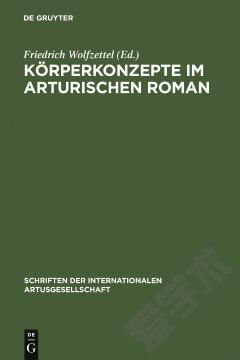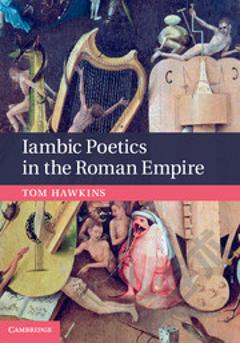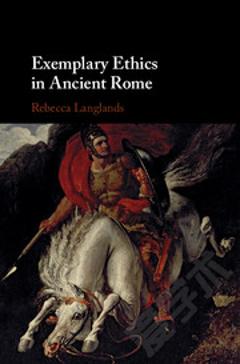Abused Bodies in Roman Epic
Greco-Roman martial epic poetry, from Homer and Virgil to Neronian and Flavian epic, is obsessed with the treatment of dead bodies. Sometimes corpses take centre-stage in grand funerals; sometimes, disturbingly, they are objects of physical violence or malign neglect. In this book - the first full-length examination of corpse mistreatment in epic - Andrew M. McClellan explores the motif of post mortem abuse in Greco-Roman epic, especially the Latin poems of early imperial Rome: Lucan's Bellum ciuile, Valerius Flaccus' Argonautica, Statius' Thebaid, and Silius' Punica. He counters the pervasive tendency to view epic violence from the perspective of the abuser by shifting the focus to the object of abuse. In signalling the corpse as a critical 'character' and not simply a by-product of war, he offers a fundamental re-evaluation of violence and warfare in Latin epic, and through close study of intertextualities indicates the distinctive features of each author's treatment of the dead.
{{comment.content}}








 京公网安备 11010802027623号
京公网安备 11010802027623号